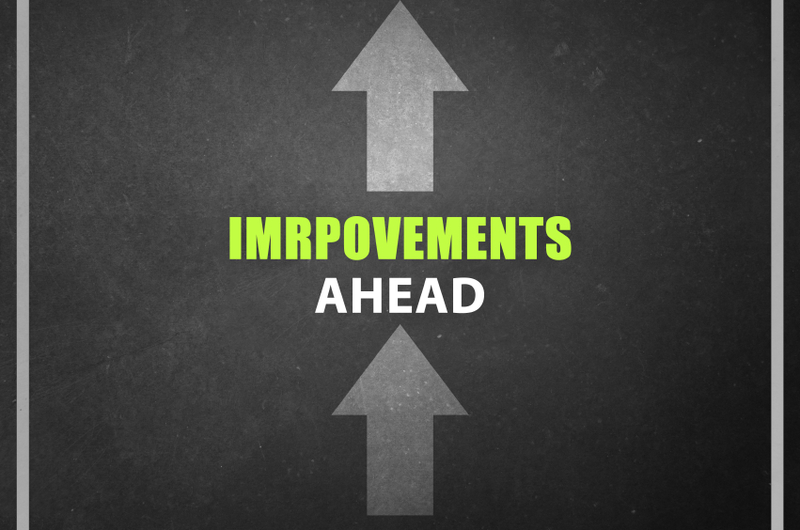Are you unhappy with your current ACT or SAT scores? Whether you’re not achieving the scores you believe you’re capable of on practice exams or an actual exam, there are ways to improve your score.
Yes, it’s going to take effort. And time. But, in the end, it will be worth it once you have your pick of all your choice schools.
By following these seven steps, you can significantly boost your standardized exam scores:
1. Figure out the types of questions you’re getting wrong
Usually, students have difficulty with certain types of questions or a particular subject. The simple key to figuring out what types of questions are giving you trouble is to take practice exams and look for some sort of commonality in your wrong answers.
2. Learn how to get them right
Whether it’s interpreting the question differently or practicing a particular skill, once you figure out which questions you’re getting wrong you can work on learning how to get them right.
Make it your goal to take practice exams and figure out the right answer to each question you answered incorrectly. Work to understand exactly why you got every question wrong, and figure out how you can come up with the right answer.
That way, the same types of questions are less likely to trip you up when you take the actual exam.
3. Invest more study time
As a general rule, committing an additional 40 hours of focused study will improve your test score. That being said, the more time you put into focused studying, the better results you’ll yield.
Time alone will not improve your score, it’s a combination between time spent studying and making sure you’re actually focusing on the right areas while you’re studying.
4. Motivate yourself
Nobody else can motivate someone that doesn’t want to be motivated. There’s no simple trick to this one, other than becoming motivated to get a better score. Don’t do it for your parents or a reward - do it for yourself so that you will have your pick of colleges.
5. Commit to your new study schedule
Create a realistic, manageable schedule for yourself that adds extra study time into your routine. Here’s the kicker – you have to
actually stick to it.
6. Focus your study time on the right areas
Ensure you’re studying the right material – a focus on questions you identified as trouble questions (those answer(ed) incorrectly or areas you need to improve upon) is the best way to spend your extra study hours.
7. Don’t wait until the last minute to cram
More studying is great, but not if you wait until right before the exam to cram. The key is in practicing over time.
The easiest way to achieve this goal is to break up your study routine into small, manageable periods of time so that you never feel overwhelmed by the process of studying.
